By Jevons Ji, Director of International Students
The Story of Chinese New Year
There are many legends as regards to the origin of the most important tradition in Chinese Culture, the Chinese New Year. The following story is most widely cited and accepted generations by generations.
Long ago in the mountains, there lived a horrible demon creature named Nian. Every year, on the first day of the year, the creature would awaken and descend upon the village. He would eat all the grain and livestock. And if there were any unfortunately children stuck outside, they would disappear.
The villagers lived in fear of this beast and boarded up their houses on this night to protect their families. One year, right before this event was to occur, an old man visited the village. He turned to the villagers and asked, “Why do you fear this creature such? You are many and he is but one. Surely he could not swallow all of you.”
But the villagers remained skeptical and locked themselves up anyway. That night, Nian did not come. The old man had ridden him until dawn and the creature went back to its cave hungry. This went on for several nights until the old man revealed, “I cannot protect you forever.”
He turned out to be a god and had to return to his duties elsewhere. The villagers were terrified that once the old man left, they would once again see Nian return.
So the old man informed them, “The beast is easily scared. He does not like the color red. He fears loud noises and strange creatures. So tonight, spread red across the village. Hang red signs on every door. Make loud noises with drums, music, and fireworks. And to protect your children, give them face masks and lanterns to protect them.”
The villagers did as the old man instructed and Nian never returned again.
In Chinese, the word for New Years is Guo Nian, which can be literally translated as “pass over Nian” or “overcome Nian”. That is exactly what the villagers did.
It has become a tradition that part of Chinese New Year celebration is to hang lots of red decorations in your house. Streets are filled with music, loud drums, and fireworks all day long. And special paper lanterns are made in a variety of shapes and sizes, paraded through the streets to scare off any demons that might come.
Thus ends the story of Chinese New Years or Guo Nian.
The Traditions for the Chinese New Year
Red envelopes
Called “hong bao” in Mandarin, the red envelopes filled with money are typically only given to children or unmarried adults with no job. If you’re single and working and making money, you still have to give the younger ones the hong bao money.
The color red denotes good luck/fortune and happiness/abundance in the Chinese Culture and is often worn or used for decoration in other celebrations.
Dragon
The dragon is present in many Chinese cultural celebrations as the Chinese people often think of themselves as descendants of the mythical creature. On the fifth day of the New Year when many people have to start going back to work, they will also have dancing dragons perform in the front of the office building.
On the 15th day of the New Year (the Lantern Festival), they may also have a lot of dancing dragon performances. The dragon represents prosperity, good luck and good fortune.
TRADITIONAL FOODS
The Chinese New Year’s Eve meal is the most important dinner of the year. Typically, families gather at a designated relative’s house for dinner, but these days, many families often celebrate New Year’s Eve dinner at a restaurant. Many restaurants require reservations months in advance.
Chinese New Year is a 15-day celebration and each day, many families rotate celebrations between homes of their relatives. The festivities are day-long and sometimes, a family ends up cooking two meals for their relatives, once at lunch and once at dinner.
What do we do at Servite to honor the Chinese New Year for our International Students?
We fully recognize and appreciate the importance of the Chinese Lunar New Year to all international students. As an annual tradition, Servite hosts a sumptuous New Year luncheon for all of our international students. Typically, we ordered from an authentic Chinese restaurant to purchase 10 courses of food along with other delicious snakes and drinks for our students. We decorated our Priory Dining Room with traditional red colors of lanterns and other ornaments. We want to make sure that all our international students feel welcomed and recognized especially during their festivals.
How does the Catholic Church celebrate Chinese New Year?
The 4th of the Ten Commandments states” Honor your father and your mother”, it coincides with the Chinese time-honoring tradition of respecting your parents and revering your ancestors. During the Chinese New Year, we typically venerate our ancestors by offering flowers and wine to the spiritual plaque of our ancestors.
Last year, it was a great privilege and honor that our Servite international students as well as our Servite students in the Mandarin program got an invitation from the Christ Cathedral to attend a Mass celebrated by our Bishop Kevin Vann dedicated to venerating the Chinese ancestors. It is delightful and heartwarming to witness this graceful gesture of our Catholic Church to embrace the Chinese Culture. We even got the honor of having a picture taken with our bishop after introducing ourselves as Servite Friar.


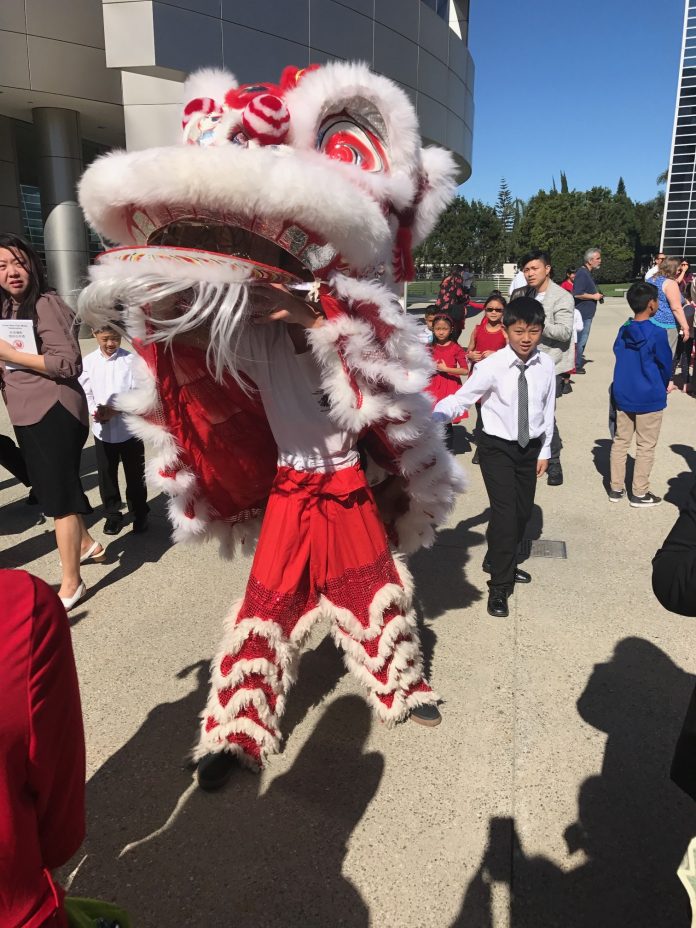
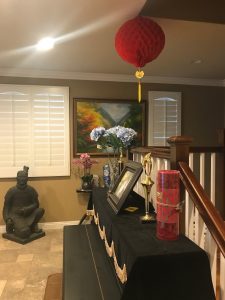
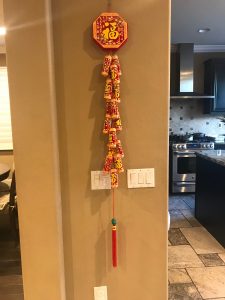
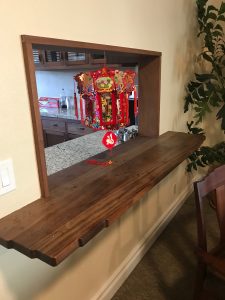
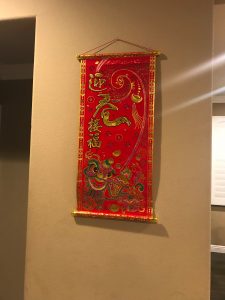
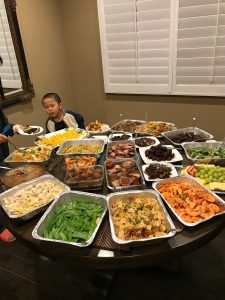
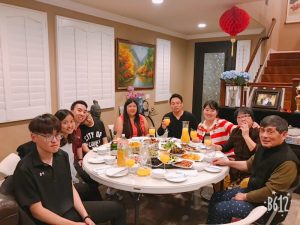
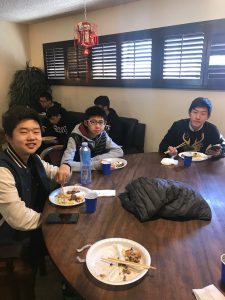
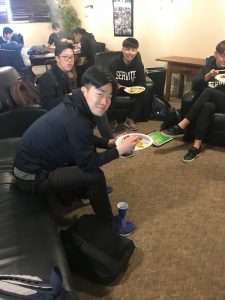
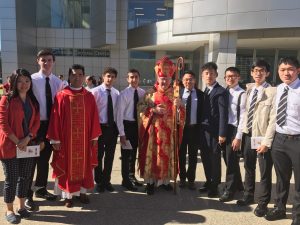
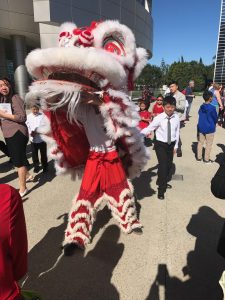











Wonderful background narrative, thank you for that!
Additionally, moving forward the Servite Publishing team should recognize that this holiday is celebrated by many Eastern Asian cultures outside of China. Unwittingly, by calling it “Chinese” New Year rather than Lunar New Year, you have alienated other Asian cultures from sharing in your goodwill because they are not Chinese. Calling it a “Lunar New Year” welcomes all countries and cultures to share their Lunar traditions which are no less relevant. For example, Korea, Vietnam, Laos, Cambodia, Thailand, Singapore, and other Asians also venerate this day. Here’s an article that elaborates on it a bit more: https://www.voanews.com/a/three-international-students-share-their-lunar-new-year-traditions/4009088.html
I have noticed you don’t monetize your website, don’t waste your
traffic, you can earn additional bucks every month because you’ve got high quality content.
If you want to know how to make extra money, search for: Ercannou’s essential adsense alternative